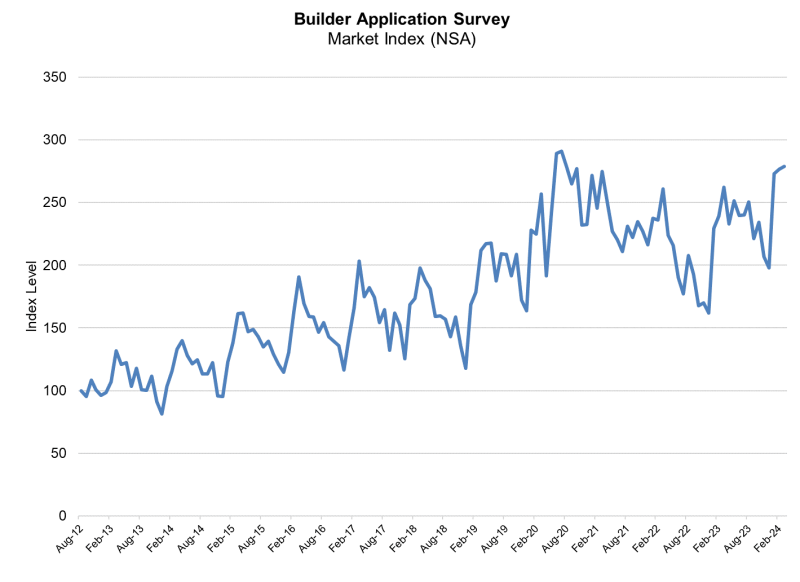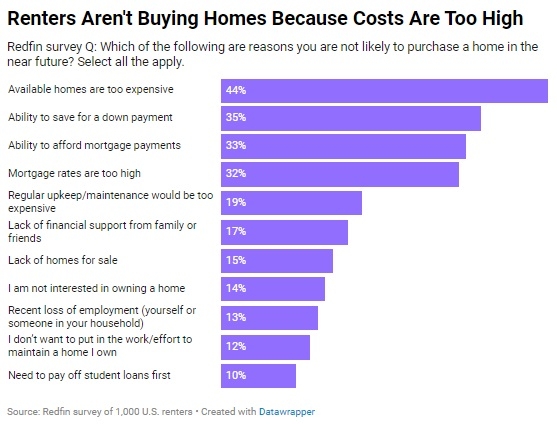Advertisement
New Dataset Highlights HUD-Assisted Households That Include Medicare and Medicaid Claims

In a groundbreaking cross-agency collaboration, the U.S. Department of Housing and Urban Development (HUD) and the U.S. Department of Health and Human Services (HHS) produced the first-ever dataset of HUD-assisted households that includes Medicare and Medicaid claims data. Despite the potential usefulness of combining administrative data across agencies, such projects are rare and very difficult to bring to fruition. HUD and HHS looked specifically at data on people aged 65 and older. Although the data do not describe individuals, they can be used to study trends.
HUD and HHS today are releasing a report on this exploratory project, Picture of Housing and Health: Medicare and Medicaid Use Among Older Adults in HUD-Assisted Housing. The study was conducted by the Lewin Group for HHS’s Office of the Assistant Secretary for Planning and Evaluation.
“More than 1.6 million low-income senior citizens live in subsidized housing,” said Katherine M. O’Regan, HUD’s Assistant Secretary for Policy Development and Research. “By combining two important data sources, we can improve our response to their needs and potentially reduce public costs in the process.”
In the 12 jurisdictions studied, up to 93 percent of HUD-assisted households appeared in both datasets. Approximately 68 percent of HUD-assisted Medicare beneficiaries were enrolled in both Medicare and Medicaid and about 90 percent of Medicare beneficiaries had Part D (drug) coverage, with most receiving subsidies through the Low Income Subsidy Program. In addition, the report finds that HUD-assisted older adult households have more chronic conditions and higher Medicare spending than unassisted older adult households in their areas.
These findings underscore the critical role that HUD plays in providing housing to some of the most vulnerable Americans. While these data analyses demonstrate feasibility, they are exploratory and they are not based on a representative sample.
The cross-agency data matching project is motivated by the urgent need for evidence to guide policy development for the growing population of low-income senior households. By 2030, one in every five Americans will be over age 65, and today’s seniors have lower incomes than their predecessors. These households face the dual challenges of finding affordable housing and access to services that support them to live independently.
About the author





